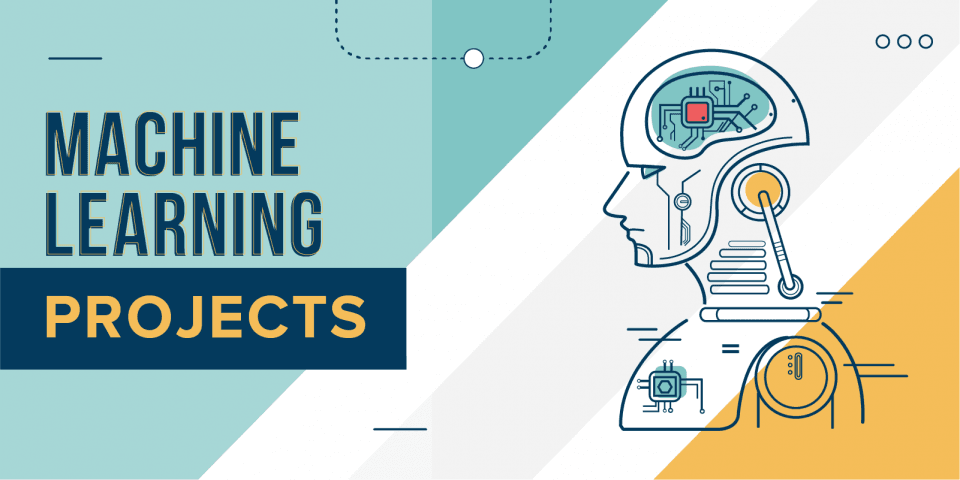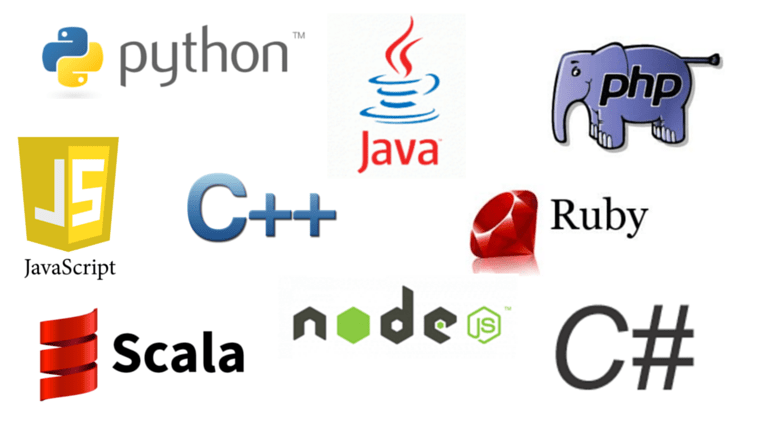Introduction to the AI Revolution in Data Engineering
The rapid advancements in artificial intelligence (AI) are reshaping industries at an unprecedented pace. From healthcare to finance, AI’s impact is profound, and data engineering is no exception. But can AI truly replace data engineers? This question is on the minds of many within the tech community. In this blog post, we’ll explore the current state of AI in data engineering, assess its potential to take over data engineering roles, and consider what the future holds for data engineers in an AI-driven world.
Understanding the Role of Data Engineers
Data engineers play a crucial role in managing and organizing large volumes of data. They are responsible for designing, building, and maintaining data pipelines that transport data from various sources to data storage systems. This process involves ensuring data integrity, setting up data architecture, and working closely with data scientists to provide clean and reliable datasets for analysis.
The role requires a strong foundation in programming and database management. Data engineers must possess skills in languages like SQL, Python, and Java, as well as expertise in data warehousing solutions. Their work is essential for enabling data-driven decision-making processes across organizations. Without data engineers, there would be chaos in handling the enormous amounts of data generated every day.
AI in Data Engineering
AI is already making waves in the field of data engineering. Various AI tools and technologies streamline tasks traditionally performed by data engineers. For instance, AI can automate data cleaning processes, a task that’s often time-consuming and tedious. By leveraging machine learning algorithms, AI can identify and rectify data inconsistencies efficiently.
Additionally, AI simplifies model training and deployment. Automated machine learning (AutoML) platforms allow data engineers and scientists to build predictive models with minimal manual intervention. These advancements reduce the workload for data engineers, allowing them to focus on more complex and strategic tasks.
AI also enhances data integration efforts. Tools powered by AI can automatically map data fields across different sources, speeding up the data integration process. By improving data quality and consistency, AI ensures that data engineers have more accurate datasets to work with, ultimately enhancing the overall effectiveness of data-driven initiatives.
The Potential of AI to Replace Data Engineers
While AI excels at automating repetitive tasks, the idea of it completely replacing data engineers is still speculative. AI can handle data processing efficiently, but data engineering involves more than just technical execution. It requires a deep understanding of the business context and the ability to align data processes with organizational goals.
AI lacks the human intuition and creativity that data engineers bring to the table. Data engineering projects often require critical thinking to solve complex problems, a capability that AI hasn’t mastered yet. While AI can enhance productivity, it cannot fully replicate the nuanced decision-making that data engineers provide.
There’s also an ethical dimension to consider. Data engineers are responsible for ensuring data privacy and compliance with regulations. Ethical considerations are paramount, especially in sensitive industries like healthcare and finance. AI might not fully comprehend the ethical implications of its actions, making human oversight indispensable.
The Future of Data Engineering
The role of data engineers is likely to evolve alongside advancements in AI technology. With AI handling routine tasks, data engineers will have more opportunities to focus on strategic and innovative projects. Instead of being replaced, their roles may shift towards overseeing AI systems, ensuring their alignment with organizational objectives, and managing complex data ecosystems.
Data engineers will need to upskill to remain relevant in this evolving landscape. Familiarity with AI technologies and machine learning concepts will be vital. By understanding how AI functions, data engineers can collaborate more effectively with AI systems and optimize their workflows accordingly.
In the future, data engineers might also become key players in developing ethical frameworks for AI implementation. Their unique expertise in data management and understanding of business needs make them well-suited to contribute to discussions about responsible AI usage.
The Human Element in Data Engineering
Despite AI’s rapid progress, certain human qualities remain irreplaceable in data engineering. Critical thinking, creativity, and the ability to adapt to unforeseen challenges are inherent human traits that AI struggles to replicate. Data engineers bring a holistic perspective that goes beyond algorithms and code.
Creativity is essential for designing innovative data architectures and solutions. Humans excel at thinking outside the box, a skill that’s crucial when addressing complex data challenges. Additionally, data engineers possess an understanding of the ethical and societal implications of data usage, ensuring that AI systems are developed and deployed responsibly.
Furthermore, human collaboration is a key driver of successful data engineering projects. Data engineers work closely with various teams, translating business needs into technical solutions. Their ability to communicate effectively and build relationships is something that AI cannot replace.
Conclusion
In conclusion, while AI is undoubtedly transforming data engineering, it is unlikely to completely replace data engineers. The role of data engineers is evolving, with AI handling routine tasks and allowing them to focus on more strategic and creative endeavors. The human element remains vital for critical thinking, creativity, and ethical considerations.
The future of data engineering looks promising, with data engineers poised to play a significant role in shaping AI-driven initiatives. By upskilling and collaborating with AI technologies, data engineers can continue to drive innovation and make meaningful contributions to their organizations.
Engage with Us
What are your thoughts on the potential of AI to replace data engineers? We’d love to hear from you! Share your insights in the comments below, and don’t forget to follow our blog for more thought-provoking content. If you’re interested in exploring related topics, check out our other posts on AI and its impact on various industries. Your engagement and feedback are invaluable to us.
























